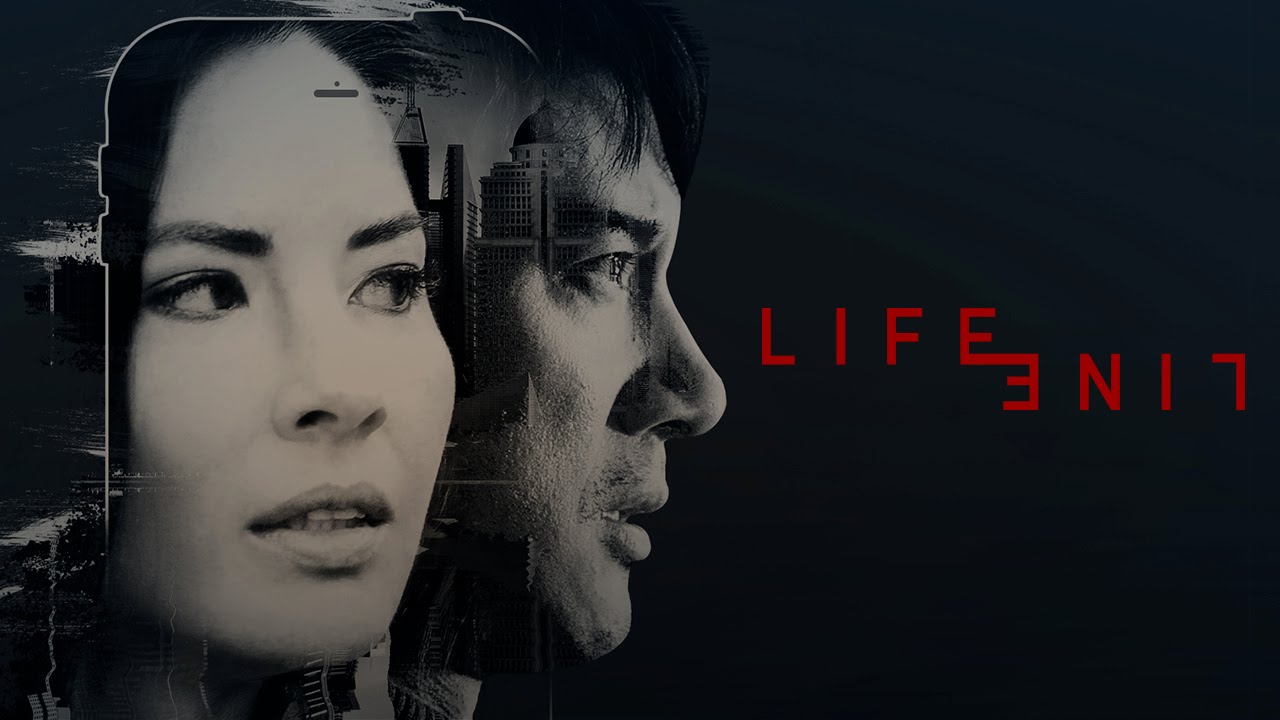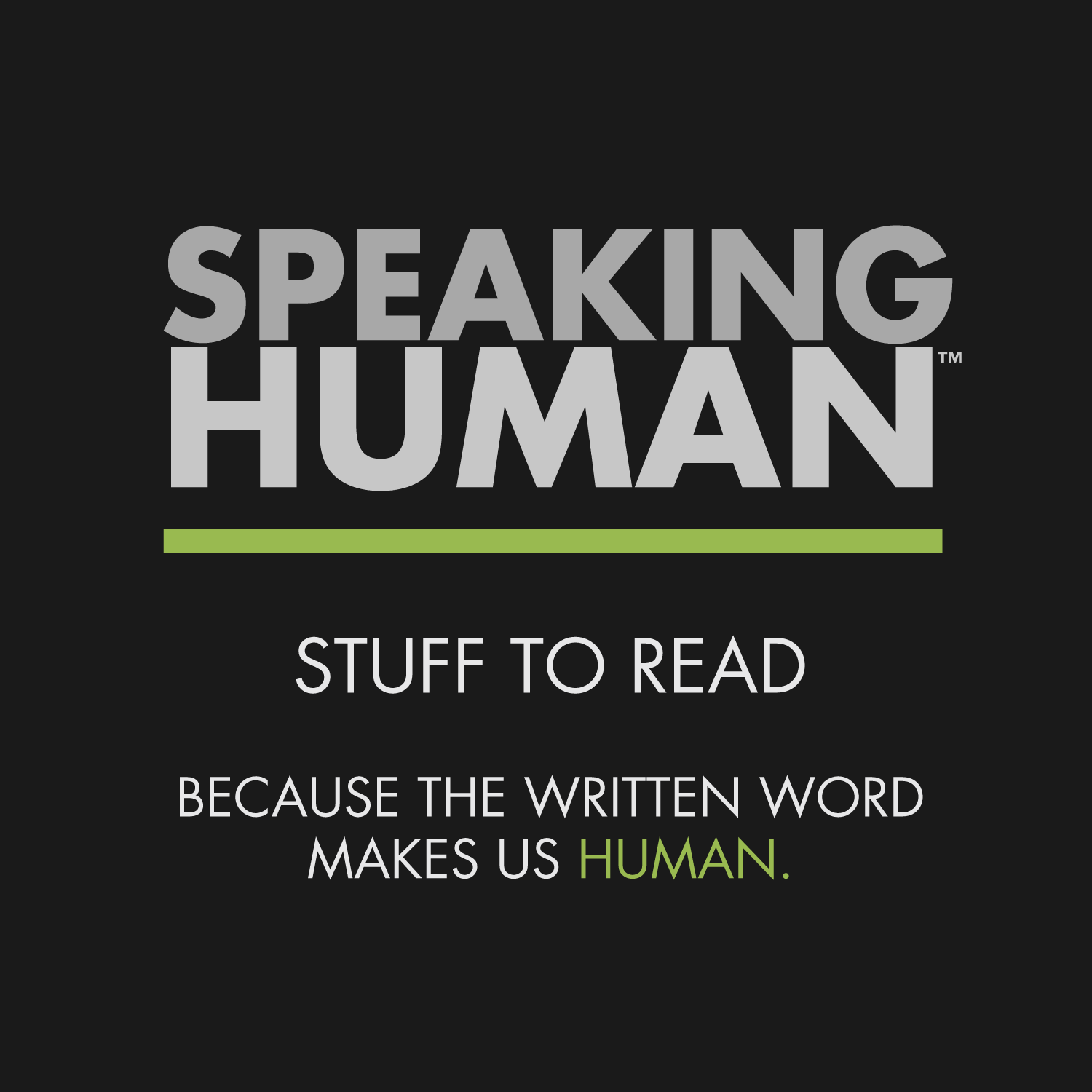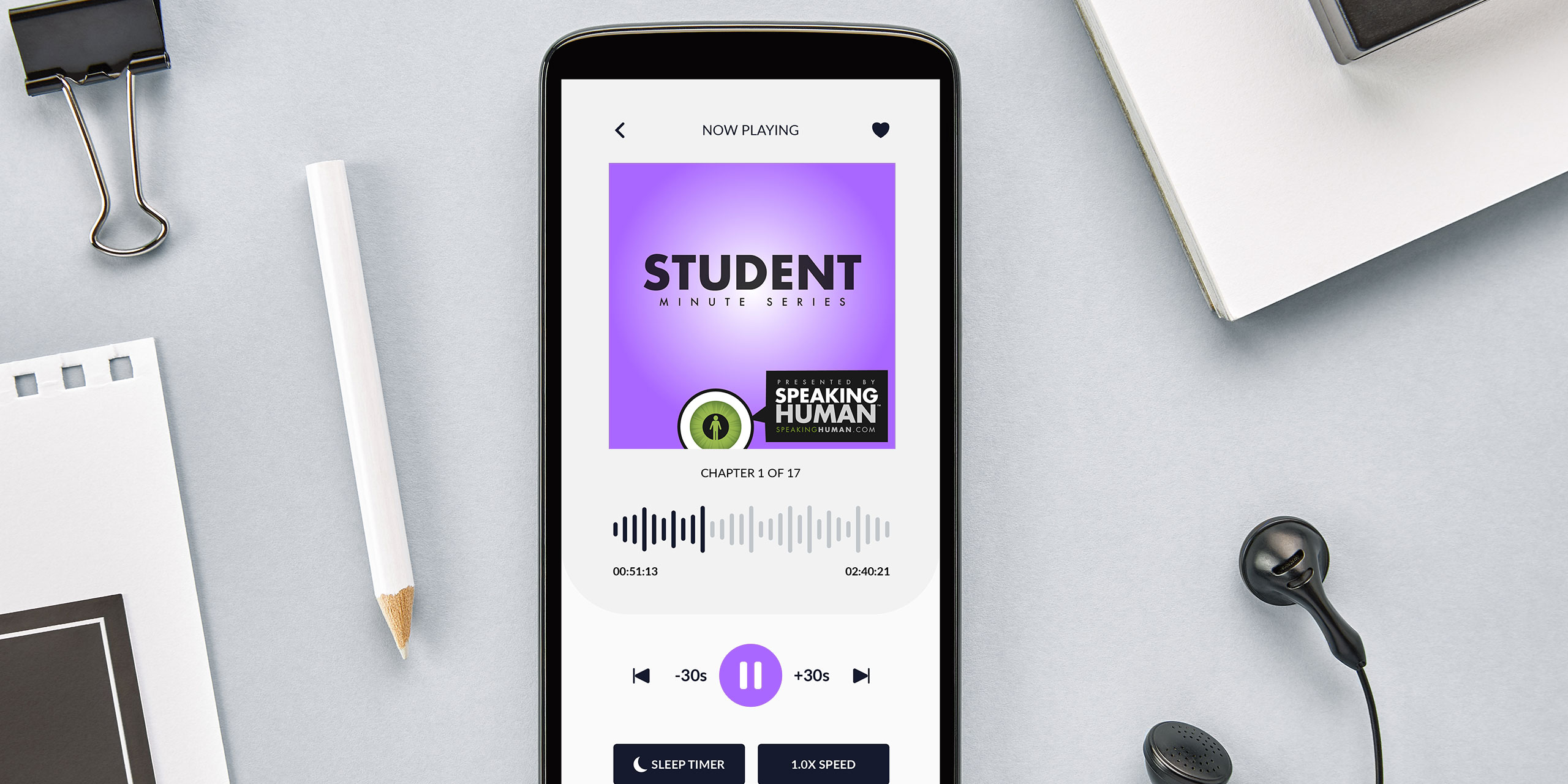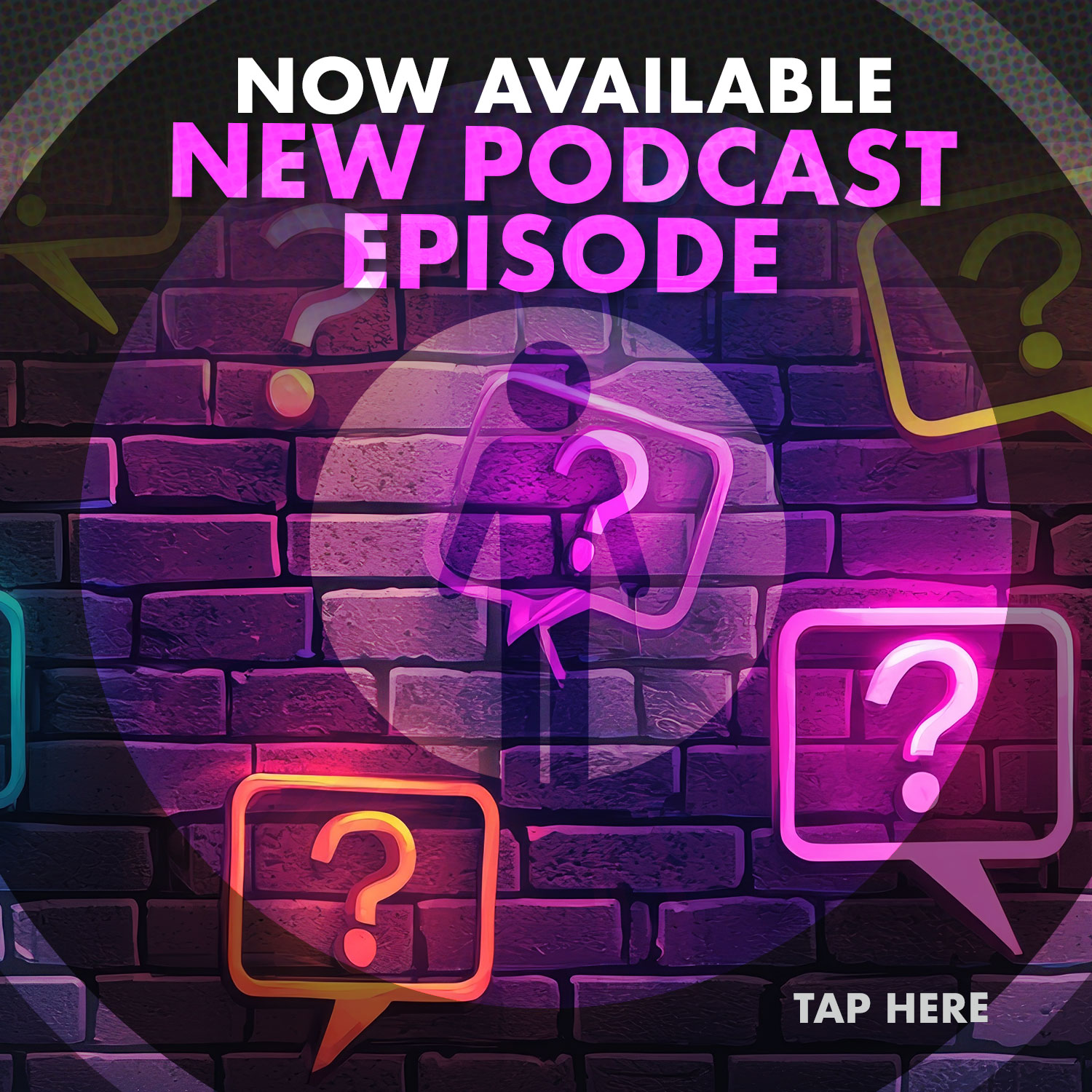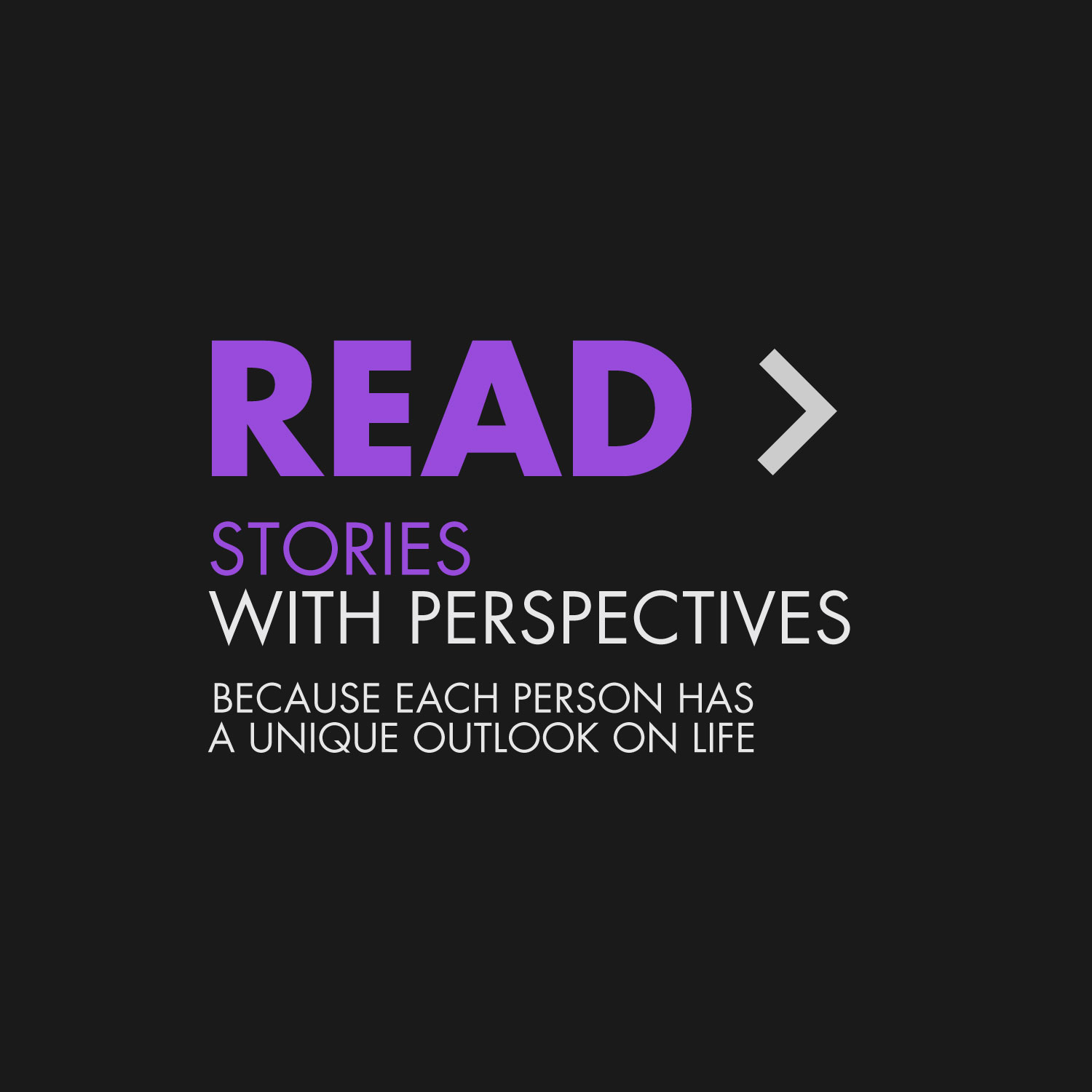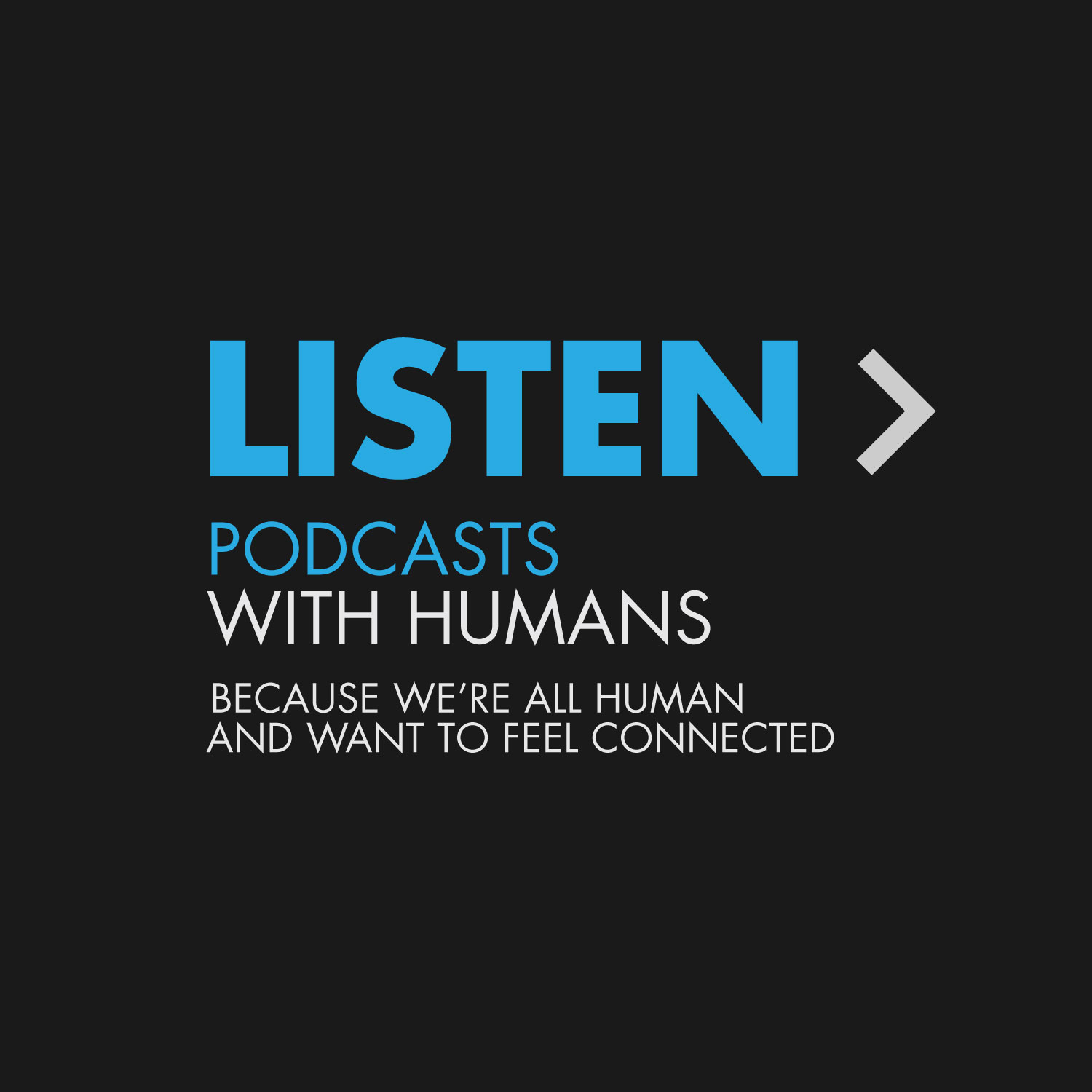Whoa. A 30-Minute Ad?
More often than not, when I have a question I can’t answer, I turn to my phone. I open Safari, Google my question and get my answer. Our phones are little computers, with roaming data charges and answers to our questions (as long as they come from credible sources). They solve a lot of our so-called problems. But, what if your girlfriend went missing? What would you do then? Qualcomm’s Lifeline answers that question. Turn to her phone of course!
Lifeline is a 30-minute short film from telecommunication company Qualcomm, ad agency Ogilvy & Mather, and entertainment company Anonymous Content. It stars Olivia Munn, Wang Leehom and Joan Chen. The film is about a man (Leehom), heir to a sketchy pharmaceutical company run by his mother (Chen), who wakes up to find his girlfriend (Munn) missing and all that’s left is her phone, which he uses to figure out what happened.
The goal behind Qualcomm’s ad is to show that their technology is in nearly every smartphone. They wanted consumers to know that when Qualcomm technology—in this case a Snapdragon processor—is inside that smartphone, it’s going to be much smarter.
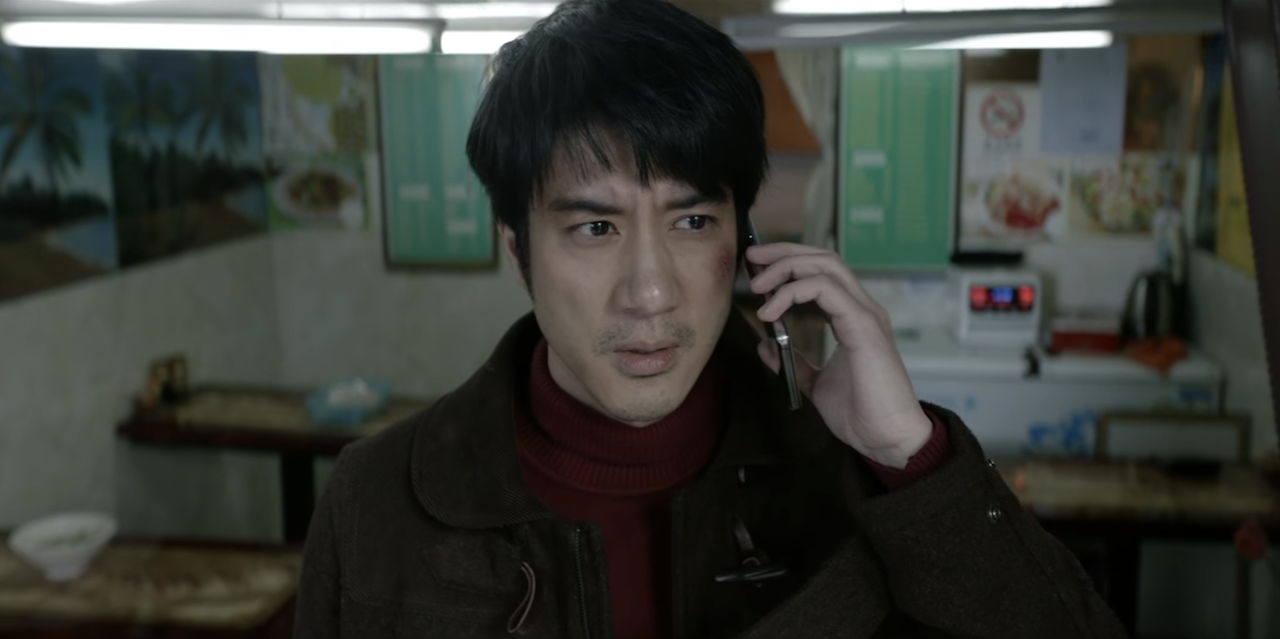
Some Good
What worked…
1. Subtle Branding – Need I repeat myself? This is a broken record on my part, but here I go. The use of the phone as a story device was great branding. Instead of getting clobbered with the product placement, we wanted the protagonist to turn to it because it had all the answers. Soon, the phone became our focus because it was the key to the mystery.
2. Screenplay – As far as ads go (and I have difficulty calling this an ad) this short by far had the best screenplay I’ve seen since my reviews began. Cuanto, Mas Alla Del Dinero was more original, but this was a tight, well-constructed thriller with a very cinematic feel. Credit goes to writer/director Armando Bo. His film had great pacing and a surprisingly deep and complex story that kept me hooked and made the 30 minutes go by like 10 minutes.
3. Cast – This short film had an excellent, diverse cast. Leehom, whose work I was unfamiliar with, was a first-rate protagonist and carried the film brilliantly, even though his name was probably third when it came to billing due to the more global prominence of Chen and Munn. Nonetheless, the entire cast did great work. Additional shouts out to the diverse, international feel to the film as well. An international company needs to know its audience is more than just America, and Qualcomm does.

Some Bad
What didn’t…
1. Short Film or Ad? – This worked as a film, but as an ad? No. Qualcomm’s presence was not lacking. The phone was an integral part of the story. The branding was subtle, which I always enjoy, but therein lies my issue. I knew going in this was an ad for the phone; but, if I did not, I fear I would never have picked up on the advertisement. I would have just thought, “Wow, what a clever way to find your girlfriend.” I can’t say why I feel this way, but maybe it’s because I don’t care what processor is in my phone, just as long as it works. This was a good movie, but it didn’t get me interested in its product. Not in the slightest.
The Takeaway
Armando Bo, who won a Screenplay Oscar as one of the writers for Birdman or the Unexpected Virtue of Ignorance, gave Qualcomm, Ogilvy & Mather, Anonymous Content and us an engrossing thriller of a short film. It had great camerawork, editing, sound design and acting, and as branded content, it executed its product placement subtly.
However, I can’t call this an ad because it lost me in its cinematic execution. “Why or how” you ask? Hold on, let me ask my phone.

Follow Dan on Speaking Human / Human Content from Dan

